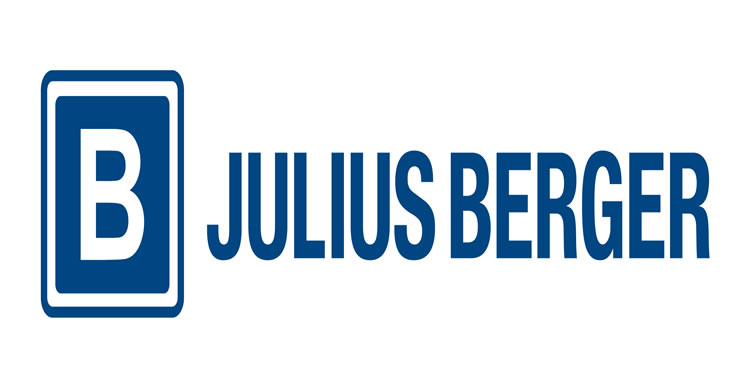The Managing Director of Julius Berger Nigeria PLC, Dr. Peer Lubasch, has said the rise of artificial intelligence is ushering in an era of construction intelligence, where AI is reshaping and enhancing engineering processes.
He made this observation at the 2025 Luminary Soiree of the leading engineering construction company held in Lagos recently.
According to him, Julius Berger and its affiliates and subsidiaries have already started bringing AI into their work, saying, “In our laboratories and material testing, AI-driven analytics are helping us improve accuracy, speed up results, and make smarter decisions in quality control. We are witnessing what I would call construction intelligence.
“At PrimeTech, a subsidiary of the group, which is into design and engineering, we are using generative designs, collaborative platforms, and automated clash detection to shorten planning cycles.
And we are aiming even higher to bring AI into every stage of design, so we deliver faster, with greater precision.
“Together, these tools will transform Julius Berger into a data-driven, intelligent construction enterprise, setting new standards in performance, safety, quality, and client value.
“AI is unlocking new creative freedom, backed by real data and simulation, as well as giving a new level of clarity in risk assessment and return on investment and helping to bridge complex infrastructure needs with faster, more efficient project delivery. We see AI as an enabler across every part of Julius Berger’s value chain: predictive maintenance, adaptive scheduling, real-time safety monitoring, faster cost estimates, smart dashboards, and risk anticipation, including support for contract management and legal teams.”
Meanwhile, a senior executive at Google, Ugochi Agoreyo, said that at its essence, the AI smart revolution refers to the broad adoption and integration of intelligent technologies that extend human capabilities, allowing humans to sense, learn, reason, and act more effectively.
She said, “These systems range from machine learning models that detect anomalies in banking transactions to natural language processors powering voice assistants to predictive algorithms optimising energy consumption in smart cities,” adding that, rather than replace humanity, AI offers a complementary dimension: augmenting human creativity and judgement, automating repetitive tasks, and enabling decision-makers to act with greater precision and foresight.
“This revolution,” Agoreyo continued, “touches all sectors: healthcare, agriculture, finance, education, governance, and even construction, the sector synonymous with Julius Berger’s renown,” saying that it is commendable that companies like Julius Berger are adopting AI in extensive contract planning and execution.
“Importantly, AI’s reach extends far beyond any single industry, as it is a foundational technology that underlies a smarter, more interconnected world. In Africa, and Nigeria in particular, which are receptive grounds for AI innovation, it is necessary to consider both the opportunities and challenges. Nigeria’s rapidly growing economy is among Africa’s largest, and its youthful population, estimated to surpass 200 million in the coming years, represents a reservoir of untapped talent and entrepreneurial spirit. Thus, across the continent, mobile phone penetration and internet connectivity have surged, laying fertile soil for digital innovation.”
An architect with an offshore architectural firm, Willen Associates, Jurgen Willen, disclosed the essence of AI application to the various projects they have handled so far, always having the future in mind.
“The range of services of our work includes the areas of architecture, interior design, and urban planning, as well as event and product design. The main approach is to look far into the future for every planning project and to incorporate the latest products and possibilities into the projects,” he said.















